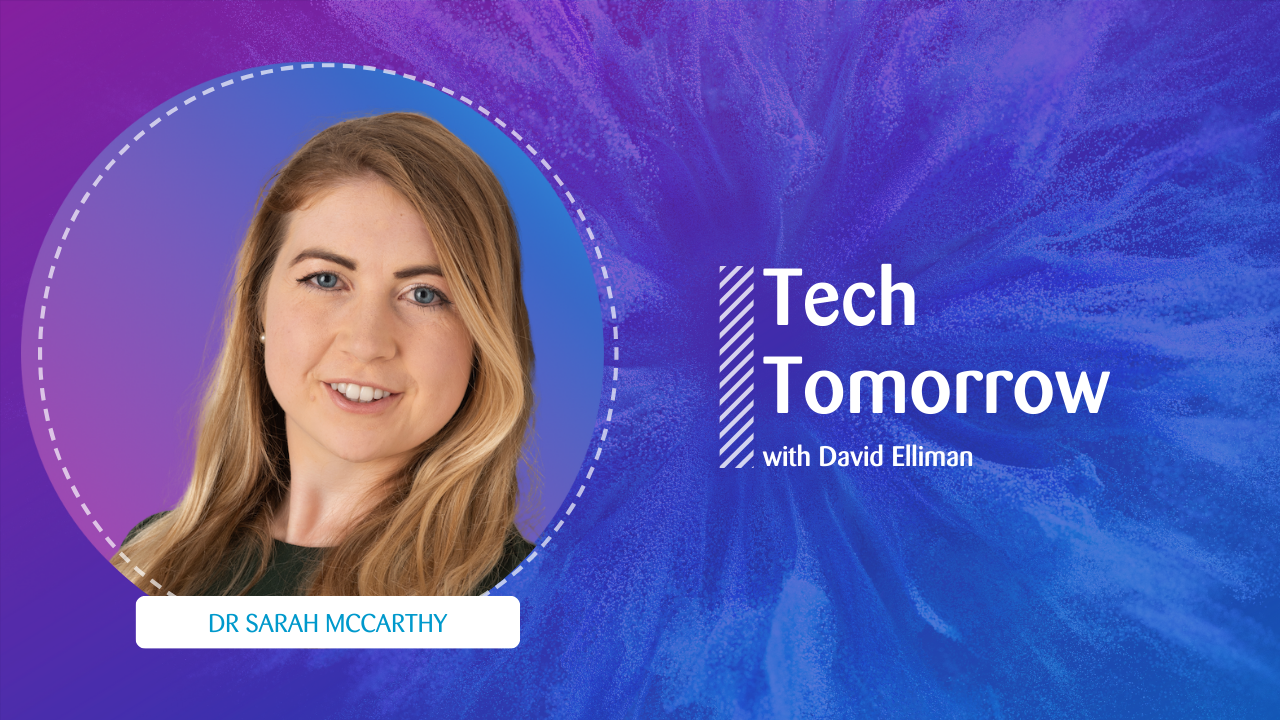-
There has always been a virtuous cycle in the insurance industry.
-
Applied appropriately insurance helps drive safer behaviour that lowers the risk of loss.
-
IoT solutions optimize insurer's possibilities.
There has always been a virtuous cycle in the insurance industry, where appropriately applied insurance helps drive safer behaviour that lowers the risk of loss. Think household insurance that won’t pay out if you leave your front door open, and offers lower premiums the better locks you have.
Similarly consider travel insurance that doesn’t cover laptops in checked luggage. The terms of insurance products are structured to encourage behaviour that reduces the risk of loss, which in turn makes it possible to insure against a wider range of risks at acceptable cost.
The Internet of Things as an Enabler for Insurers
The Internet of Things, or more specifically the ability of widely distributed sensing systems to share their data with central internet-based servers in real-time, presents myriad more opportunities. Insurers have lots more opportunity to actively monitor their clients’ compliance to the terms of their cover, such as adherence to usage regimes, service schedules and maintenance activities. This automated 24/7 monitoring can examine geographic position, usage at particular times of day, loading, speed, throughput, environment, you name it. It can be performed at lower cost than manual inspections, reduces the risk on both sides, and provides timely data in the event of claims.
The more that collected data is used to make billing and coverage decisions, the more critical it is that the data is authentic, accurate, private and reliable. Existing telemetry solutions may be found wanting when the potential gains for fraud are significant, and hence the deployment of appropriately secure and robust solutions is critical.
Data driven Insurers as frontrunners
As is often the case in the deployment of new technologies, the initial deployments that support the current business model will additionally reveal whole new business models. Monitoring of insured assets will allow insurers to better understand their customers’ behaviour, and evolve their products to suit. The monitoring systems will also provide data that puts insurers in a strong position for providing other services such as audits or efficiency consultations. Expect more insurers to link up with business consulting companies, using their data to derive operational insight, or even for data companies to move in to the insurance space. Google Car Insurance anyone?
Many insurers have already derived value from the internet of things, such as Black Box car telemetrics in the UK which allow insurers to adjust premiums based on an individual’s driving performance. There are many start-ups in this space too, such as Beam Dental, who are using connected toothbrushes to enable cheaper dental insurance. If you’re not pursuing opportunities in this space your competitors probably are!
What is your Insurance product of tomorrow?
More and more, technology is helping increase the range of risks that can be covered. For example, insurers have introduced Cyber Security products which use software applications under the Insurers’ control to ensure that systems are kept up to date with the latest security patches, and network protection is working correctly: No WannaCry problems on appropriately maintained systems. In this area alone there is great opportunity – how many companies (let alone households) have cybersecurity insurance today?
Zuhlke counts numerous insurers as its clients, and has deep experience in the delivery of Internet of Things solutions that bring real business value. We help our customers understand what these opportunities might mean for them, test the value of these ideas, and then develop these in to production systems.
More from the “Future of Insurance” series:
- Top three insurance customer needs in 2019 – Only if insurers are familiar with the needs of their customers can they withstand the digital tsunami in the long-term.
- Why a data driven culture is essential for today’s insurers – Big Data is part of the DNA of every insurer. Despite this, insurance companies are still a long way from systematically using large amounts of data.
- Reshaping customer experience in insurance – Digitisation makes insurance customers the key point of focus for offers.
- What is the significance of Ecosystems for insurers? – Insurance companies will only succeed if they are part of the right ecosystem and offer the right products in this context.




